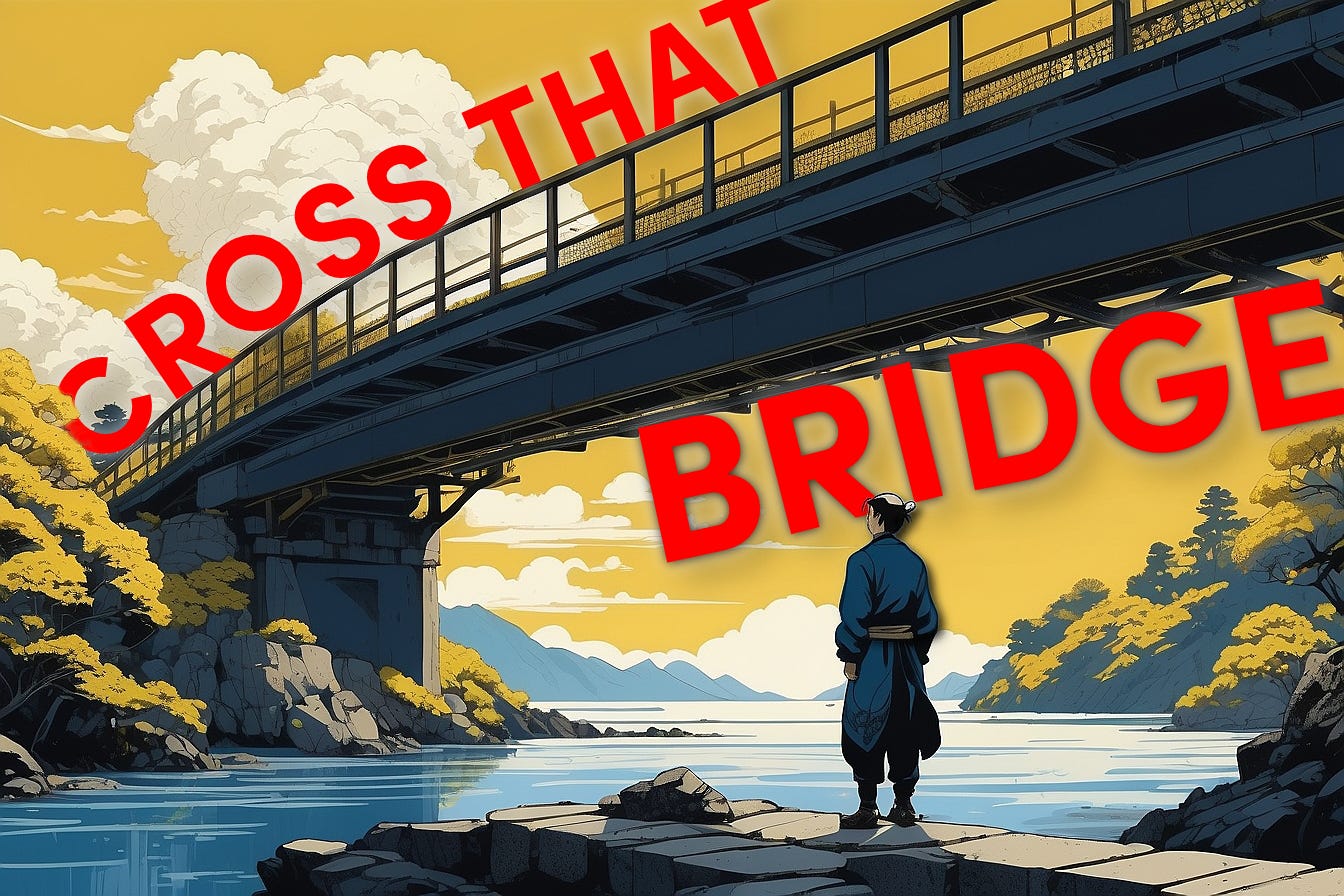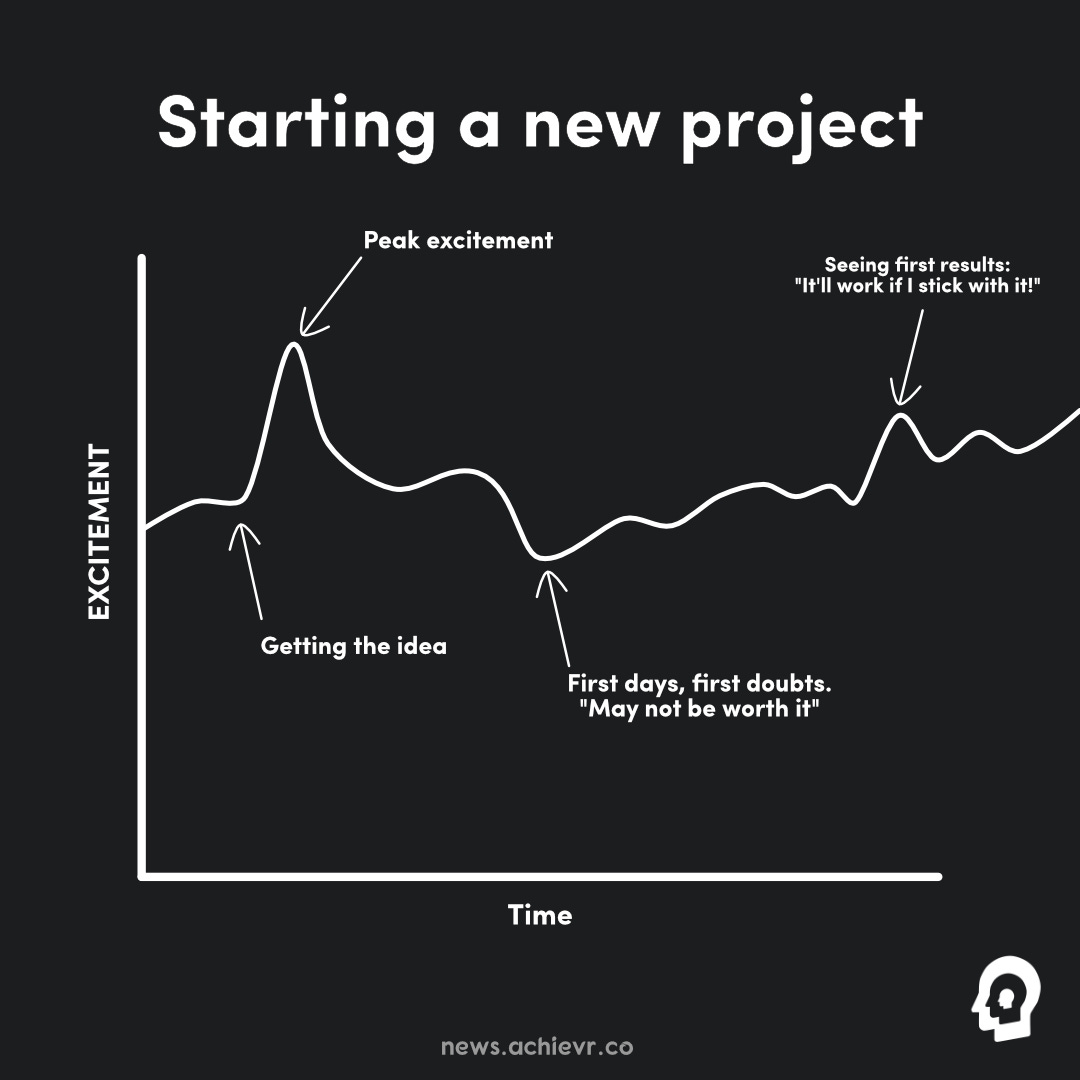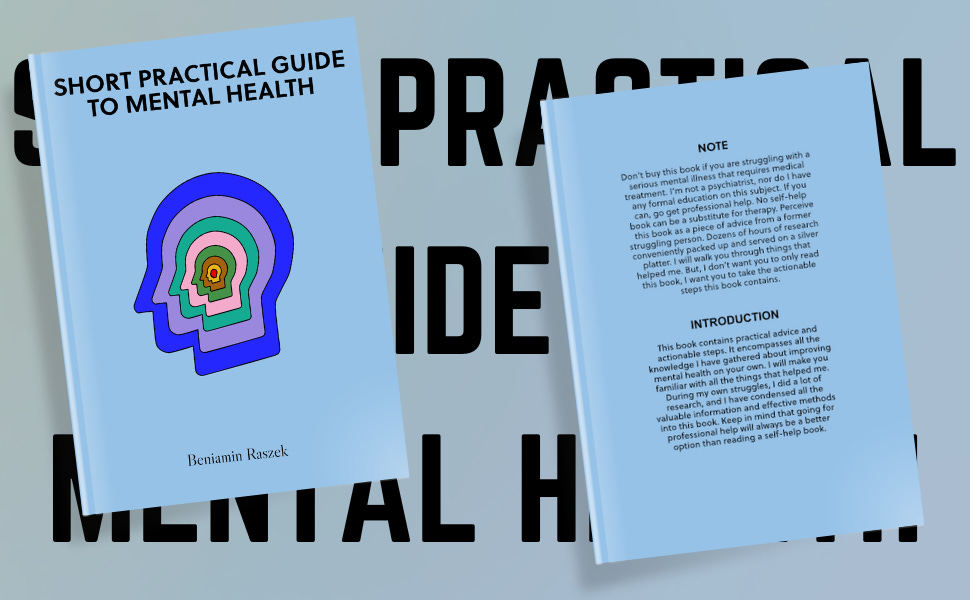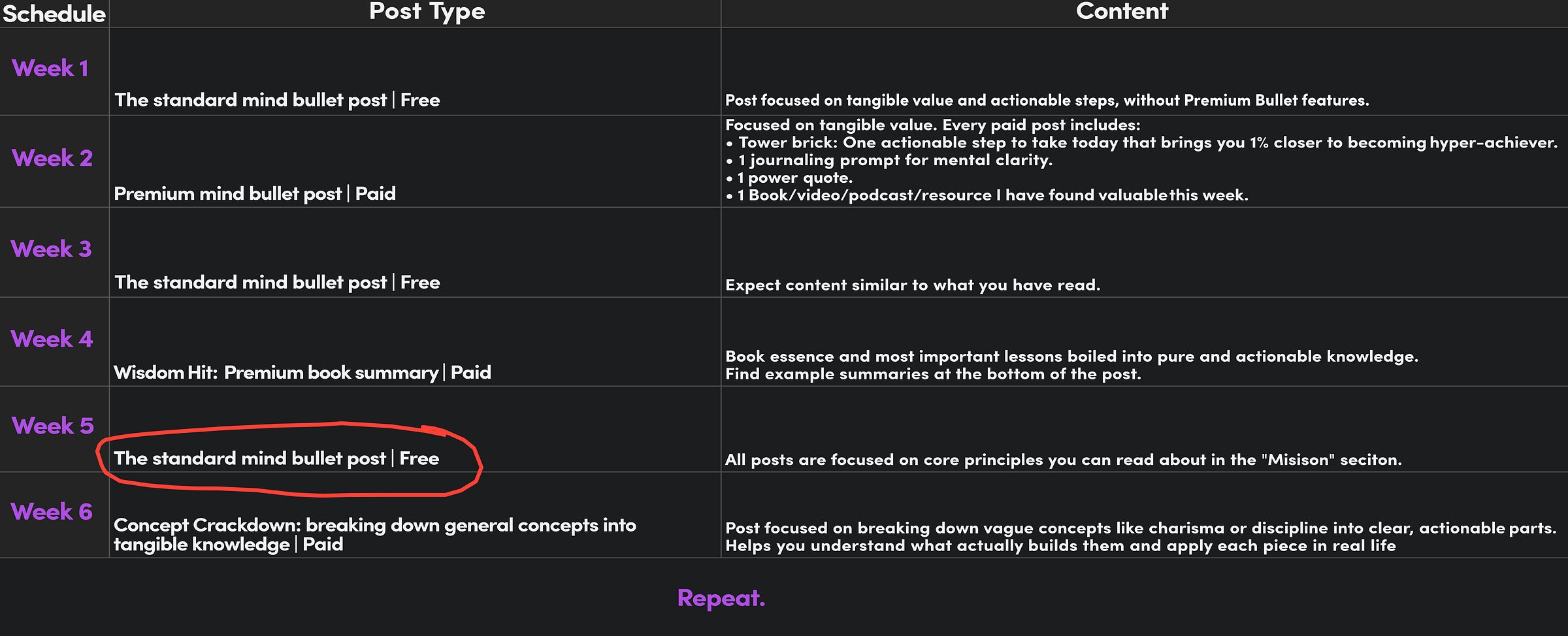How to Stop Quitting Your Projects Too Soon
Why most creatives abandon projects at the worst possible moment, and the framework that changes everything.
I used to quit projects the moment they stopped feeling like magic.
Turns out, that's exactly when the magic begins.
17 half-finished newsletters. A course outline from 2022, a book manuscript at chapter 4, three different business plans, a YouTube channel with 2 videos still on my hard drive. Each one felt like THE breakthrough when I started. Each one died the moment it stopped being fun and started being work. Choosing fonts and colors is more fun than actual work. Why?
It’s exciting until it’s not
The most important work is when you lose excitement in the project.
Wave of initial excitement, the vision of what it will look like once it’s done, what benefits it will bring, and how you will brag about it is a powerful motivator… for a while.
Once that wears off, it’s easier than ever to drop it and never come back. You are at stage 3, and you have to push through it. Look at the 4 stages below:
Let’s go deeper with those:
Getting the idea: You feel like a genius and imagine yourself as the next Sam Altman. Not much else matters.
Peak excitement: You don’t see, or ignore, what can potentially go wrong/not work at all. You are getting fired up with the idea, think about the rewards and how great they will be. A rough image forms in your mind.
First days, first doubts: As you start working on the project, you encounter obstacles that you didn't even know could be there. Motivation drops, comfort zone is calling.
Seeing the first results: Despite, you continued onward. Things aren’t rainbows and butterflies anymore, but the potential is real. You realize how much work it will actually take. Momentum is built, and it’s slowly getting more difficult to abandon the project than to continue to go on with it.
That’s assuming the idea is good. If you want to sell ice to Eskimos, drop it at the start.
The steps after getting a “brilliant” idea should look like this:
Idea.
Analysis: Is it actually worth my time and money?
Decision: Help yourself with SWOT, decision-making matrix, or just creating a simple mind map in XMind.
Plan:
What are tangible actions I need to take?
How much time, money/other resources?
How that interfere my schedule?
What’s the rough likelihood of setbacks, what are they?
What is the prize?
If you struggle with decision-making on a daily basis, read:
There’s also a whole chapter in the book dedicated to indecisiveness. Subscribe and you will get a link today!
Reedition of my book “Short Practical Guide to Mental Health” premieres today! For the first 2 days at a promo price!
Good idea, or just my idea?
Again: Is it objectively a good, high-potential idea, or you want to pursue it because it feels like you've come up with something special?
Answer:
Will I be able to pull this off? No? Then stop mental masturbation.
What's my realistic timeline, and am I being honest about how long this takes?
Am I doing it because of money, status/other rewards that I care about more than the project? Or am I doing it because I’m both passionate and want rewards?
For me, no amount of money will make me enjoy something I don’t give a shit about. The first way = burnout and low-quality work, just to get it off. The second = enjoyment and long-term drive.
You know it’s good? Ok, so what’s your goal with this? You need metrics.
Example 1, business: book release
Goal: Sell 80 copies in the first two days.
Metric: copies sold.
For that metric, it’s not only how good the book is. You can be the best writer ever, but nobody will read your book if you don’t have the distribution.
Disappointing, I know. But writing a good book is only 1/4 of the job here.
And in that case, I keep in mind that my way is not necessarily the best-selling way.
Example 2, personal: fitness
Goal: Get in the best shape of my life.
Metrics: Bench press bodyweight, run 5K under 25 minutes, maintain for 6+ months.
Notice I made metrics specific, measurable, trackable, and tied to the goal, not just vanity numbers.
Example 3, unusual passion project: just for fun
Recreate a nearby park in Minecraft.
Metrics: Include 10 key landmarks (playground, pond, main paths, benches, etc.), finish within park boundaries from Google Maps.
Even if that’s a 100% passion project for pure satisfaction, you need a compass. If you want to build a local park in Minecraft just for fun, you need to know when you are done and can feel satisfied with what you have accomplished. Otherwise, you will either abandon it halfway through or keep tweaking forever without ever feeling the completion satisfaction you are seeking.
There’s one important thing related to this I haven’t mentioned—shiny objects syndrome. That’s because I have already covered this problem here:
Reply to this email and tell me about your abandoned projects.
This was a free issue of Mind Bullet. If you want deeper dives, become a paid subscriber. Visit the tags:
and Premium Page. To see what you’ll get.
Any suggestions? Give me feedback here:
Upcoming next Thursday: Concept Crackdown—breaking down general concepts into tangible knowledge. Topic: Deep work.








